Phonological Argumentation: Advances in Optimality Theory
Editat de Steve Parkeren Limba Engleză Hardback – 31 mar 2009
| Toate formatele și edițiile | Preț | Express |
|---|---|---|
| Paperback (1) | 336.87 lei 6-8 săpt. | |
| Equinox Publishing (UK) – 28 feb 2010 | 336.87 lei 6-8 săpt. | |
| Hardback (1) | 740.83 lei 6-8 săpt. | |
| Equinox Publishing (Indonesia) – 31 mar 2009 | 740.83 lei 6-8 săpt. |
Din seria Advances in Optimality Theory
- 19%
 Preț: 644.30 lei
Preț: 644.30 lei - 19%
 Preț: 504.46 lei
Preț: 504.46 lei -
 Preț: 378.61 lei
Preț: 378.61 lei -
 Preț: 332.19 lei
Preț: 332.19 lei -
 Preț: 290.92 lei
Preț: 290.92 lei - 19%
 Preț: 544.74 lei
Preț: 544.74 lei -
 Preț: 274.74 lei
Preț: 274.74 lei - 23%
 Preț: 721.34 lei
Preț: 721.34 lei - 23%
 Preț: 712.52 lei
Preț: 712.52 lei - 19%
 Preț: 669.41 lei
Preț: 669.41 lei - 19%
 Preț: 518.78 lei
Preț: 518.78 lei -
 Preț: 336.87 lei
Preț: 336.87 lei - 19%
 Preț: 554.85 lei
Preț: 554.85 lei - 19%
 Preț: 640.04 lei
Preț: 640.04 lei - 19%
 Preț: 493.25 lei
Preț: 493.25 lei - 19%
 Preț: 648.51 lei
Preț: 648.51 lei
Preț: 740.83 lei
Preț vechi: 962.12 lei
-23% Nou
Puncte Express: 1111
Preț estimativ în valută:
141.83€ • 147.42$ • 117.59£
141.83€ • 147.42$ • 117.59£
Carte tipărită la comandă
Livrare economică 06-20 februarie 25
Preluare comenzi: 021 569.72.76
Specificații
ISBN-13: 9781845532208
ISBN-10: 1845532201
Pagini: 387
Ilustrații: illustrations
Dimensiuni: 156 x 234 mm
Greutate: 0.72 kg
Ediția:New.
Editura: Equinox Publishing (Indonesia)
Seria Advances in Optimality Theory
ISBN-10: 1845532201
Pagini: 387
Ilustrații: illustrations
Dimensiuni: 156 x 234 mm
Greutate: 0.72 kg
Ediția:New.
Editura: Equinox Publishing (Indonesia)
Seria Advances in Optimality Theory

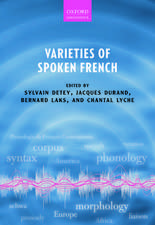
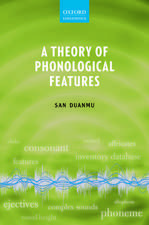
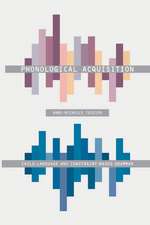

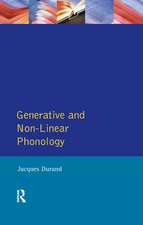
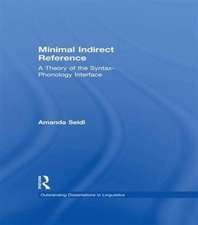
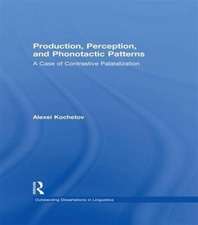

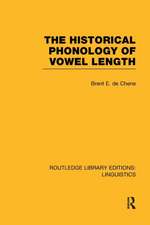
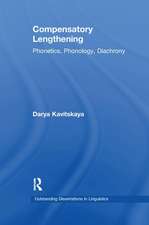
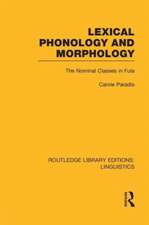

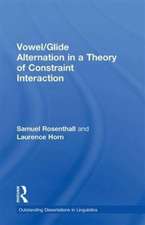
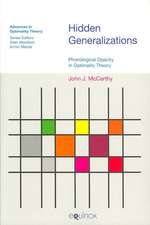
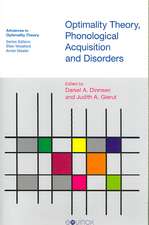
![Intonation in the Grammar of English [With CDROM]: Globalization as a Long-Term Historical Process](https://i0.books-express.ro/bt/9781904768159/intonation-in-the-grammar-of-english-with-cdrom.jpg)
